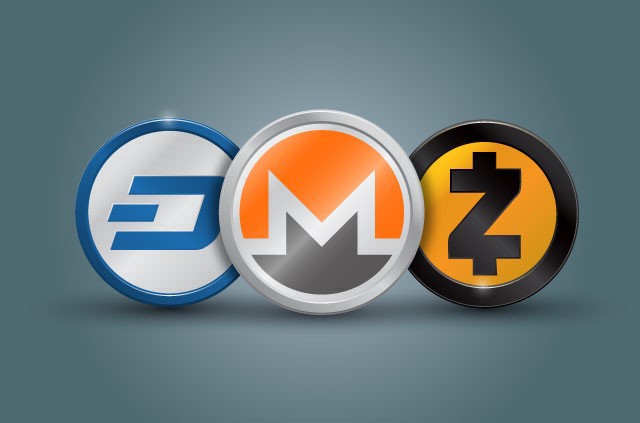on the crypto

That all changed with the rise of cryptocurrency companies like Chainalysis. Every Bitcoin transaction from the start is available on the public ledger, so analytics firms can easily monitor the flow of funds from suspicious wallet addresses used for illegal activities and report them. Problems arise when criminals sell “tainted” Bitcoins on the stock exchange to new investors or send them to legitimate traders. The new recipients could then face law enforcement despite being oblivious to the ordeal. This fundamental flaw led to the birth of private coins.
How do private currencies work?
Private coins are the same and fungible by default. Despite using a public blockchain network, they obscure the identity of participants and transaction amounts. Fund transfers then become untraceable, ensuring that no currency can be "contaminated" due to its history. Additionally, private coins are much cheaper, take less time, and are more environmentally friendly than Bitcoin.
The most popular private coins
Monero
The most popular privacy coin right now is Monero, with a market cap of $ 4,2 billion. To achieve its main goal, the Monero network uses ring signatures. That is, it transmits wallet addresses to bait with each transaction, confusing the outside observer. Additionally, the network assigns a one-time unique wallet address / key to the sender and buyer to make sure the transaction goes through. Also, users of the Monero wallet have addresses hidden above a public address, so it is impossible to look up the transaction amount with the former.
Dash
The second most popular privacy coin is Dash, with a diluted market cap of $ 2,9 billion. Unlike Monero, there is a maximum supply limit of 18 million coins, with around 11 million already mined, which makes it deflationary. It is also optional to send money over the public network. Meanwhile, the private network splits each transaction into multiple smaller denominations and then mixes wallet addresses with other users (who have also had their transactions broken down) to protect them from the public eye.
Zcash
The third most popular privacy coin is Zcash, with a diluted market cap of $ 2,2 billion. Similar to Dash, Zcash allows users to choose between sending private and public transactions. It does this using an encryption mechanism known as zk-SNARK, a type of zero-knowledge proof. In this setup, one user sends money to another just like they would any cryptocurrency, but the network transaction data is obscured / hashed and demonstrated to the recipient to protect it from the public eye. The coin has a maximum supply of 21 million, with around 12 million in circulation.
The verdict
Even after the ongoing brutal bear market sell-off, Monero, Dash and Zcash are up 100% from last January. Due to limited supply, cryptocurrency prices tend to rise with increasing adoption of the network, which I believe will be the case with private coins as Bitcoin faces growing fungibility issues. Their ability to remain the same and fungible against the backdrop of increased regulatory and third party scrutiny in public crypto ledgers as a whole is an important value proposition for investors. So, now is a great time to purchase the dip on one of them.
